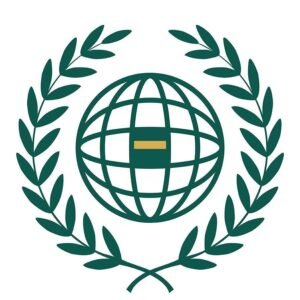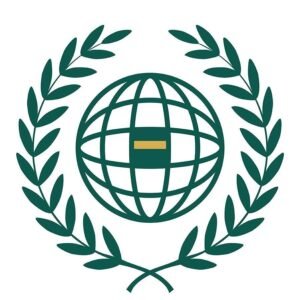Tunisian president unveils new draft constitution

On Friday, Tunisian President Kais Saied unveiled a new draft constitution that would bestow broad powers on the president and curtail the authority of the prime minister and parliament.
A referendum on the constitution is scheduled for July 25, exactly a year after Saied suspended parliament and seized power.
He said the move was necessary to “save the country” from political and economic crisis. This prompted strong criticism from the opposition, which accuses him of a slide toward totalitarianism.
The draft text, published late Thursday, would give the president greater executive power than the prime minister and establish a bicameral parliamentary system for the first time.
The new charter would give the president the right to appoint the prime minister and the ministers, and to fire them.
It restricts presidents to two five-year terms.
The new draft constitution removes a reference to Islam in Article 1 of the old charter, which read that “Tunisia is a free, independent and sovereign state, Islam is its religion.”
The preamble to the new version says Tunisia is an integral part of the Islamic community and that the state ensures the protection of religious rights — as long as they do not undermine public security.
Like the previous one, the draft new constitution guarantees freedom of worship and conscience, as well as individual and public freedoms and freedom of opinion and media.
It also guarantees unions’ rights to strike except for the army, police and judges and other magistrates.







